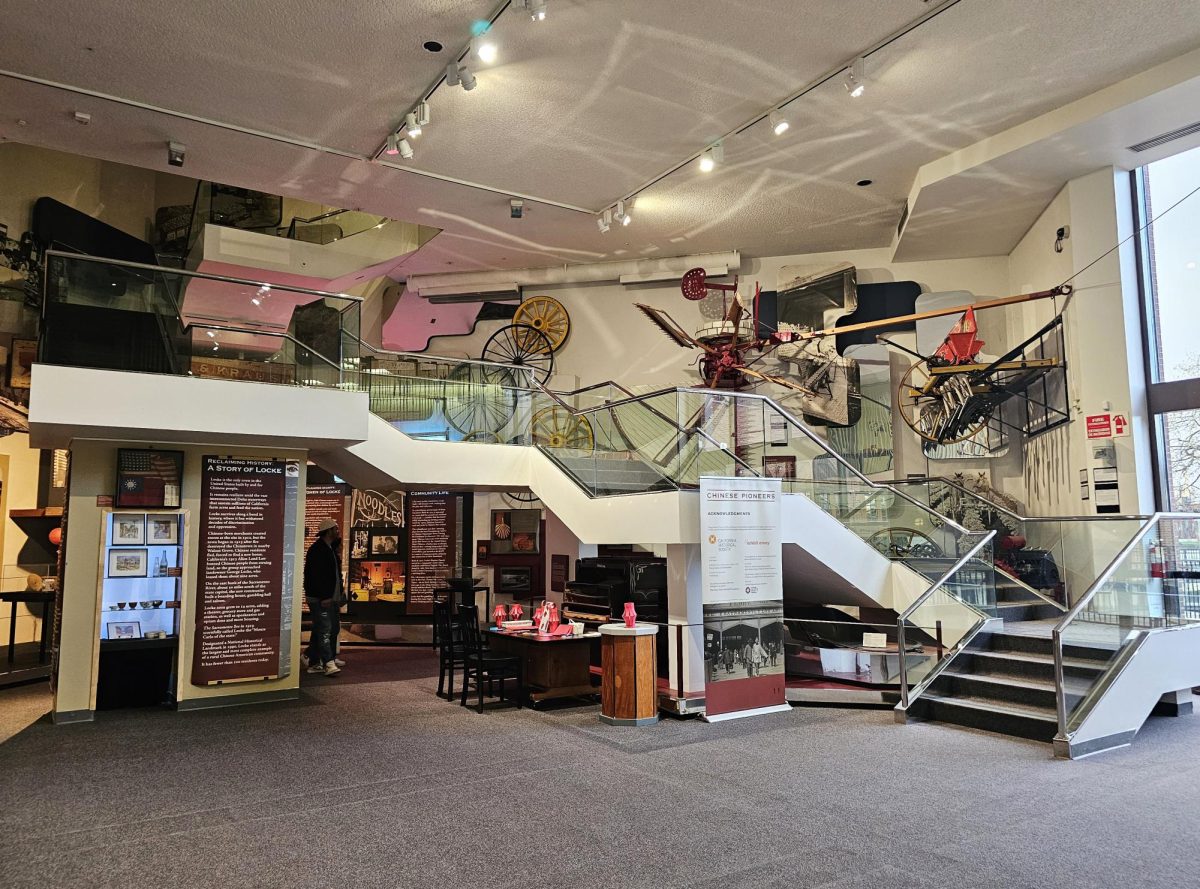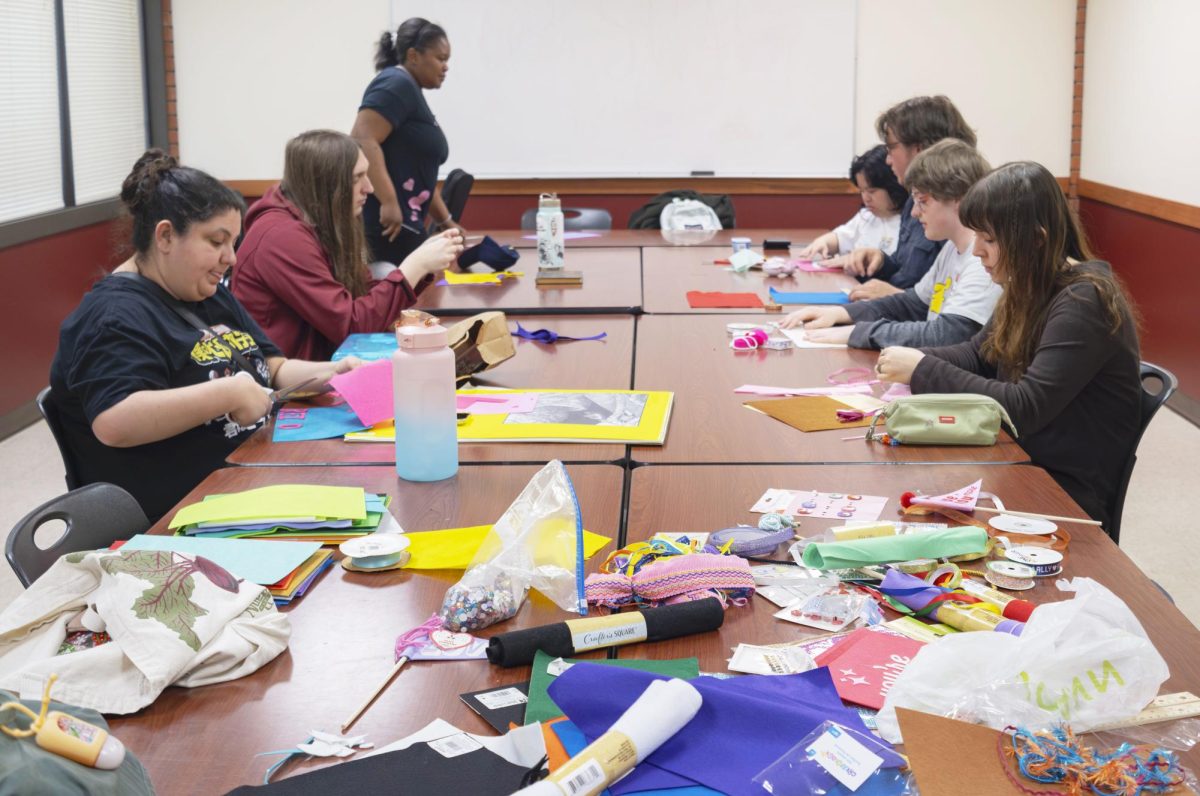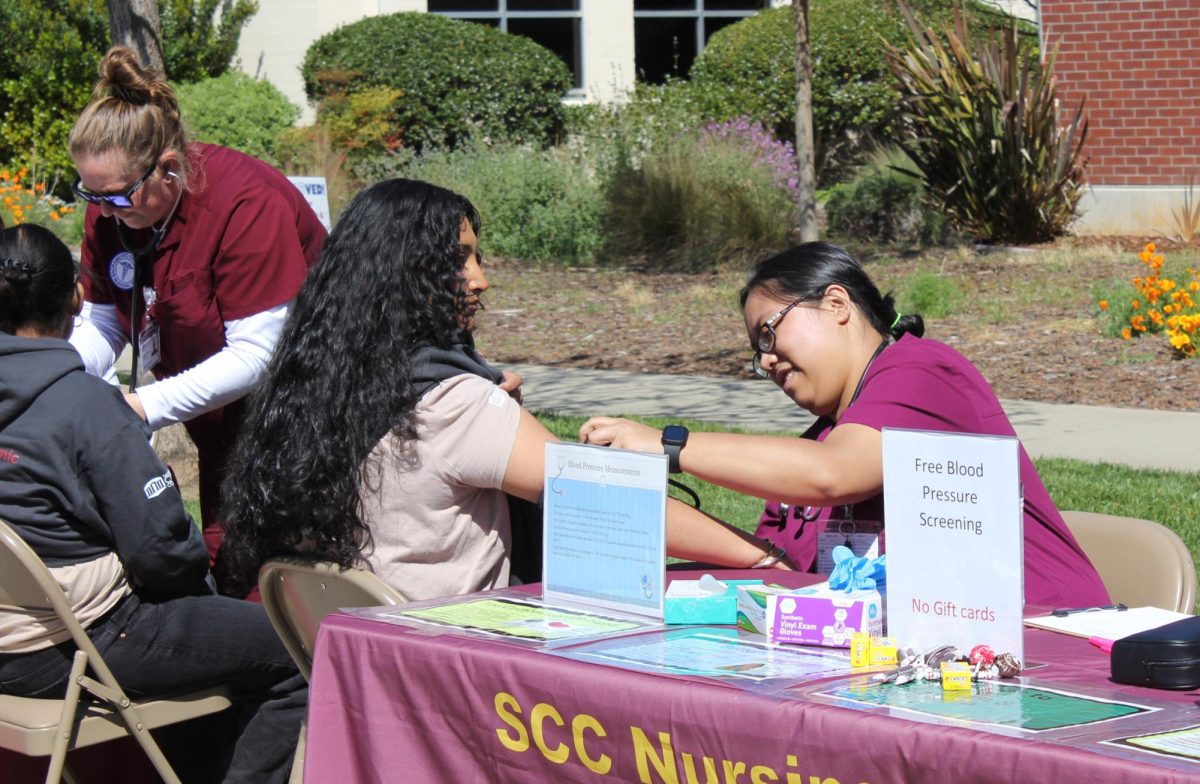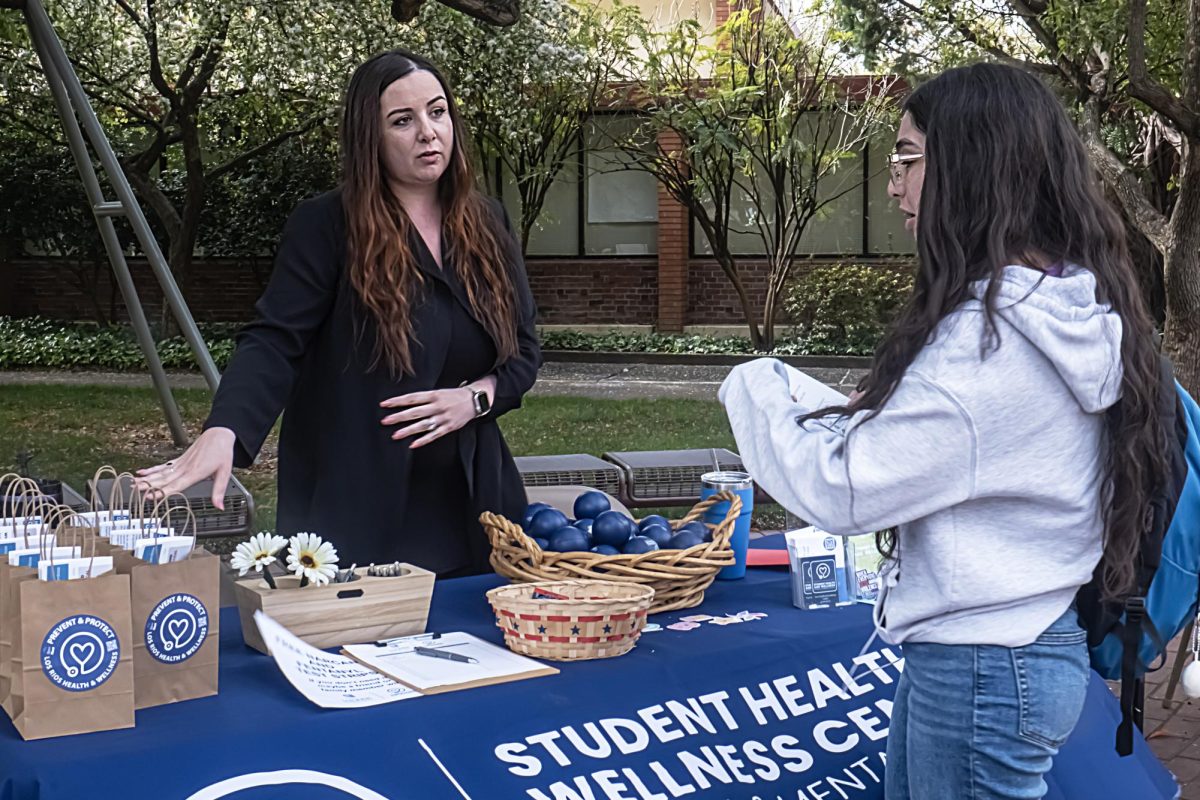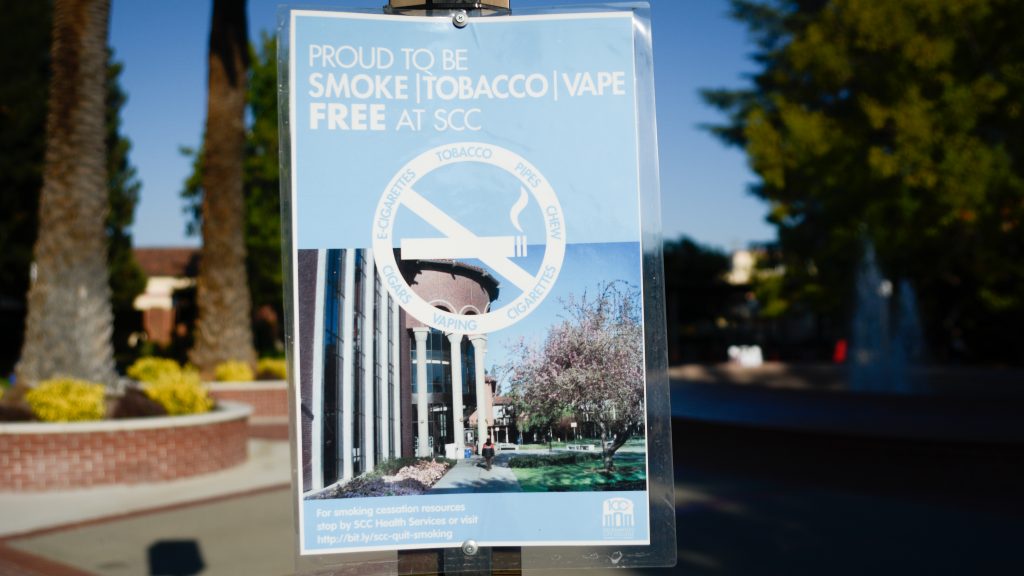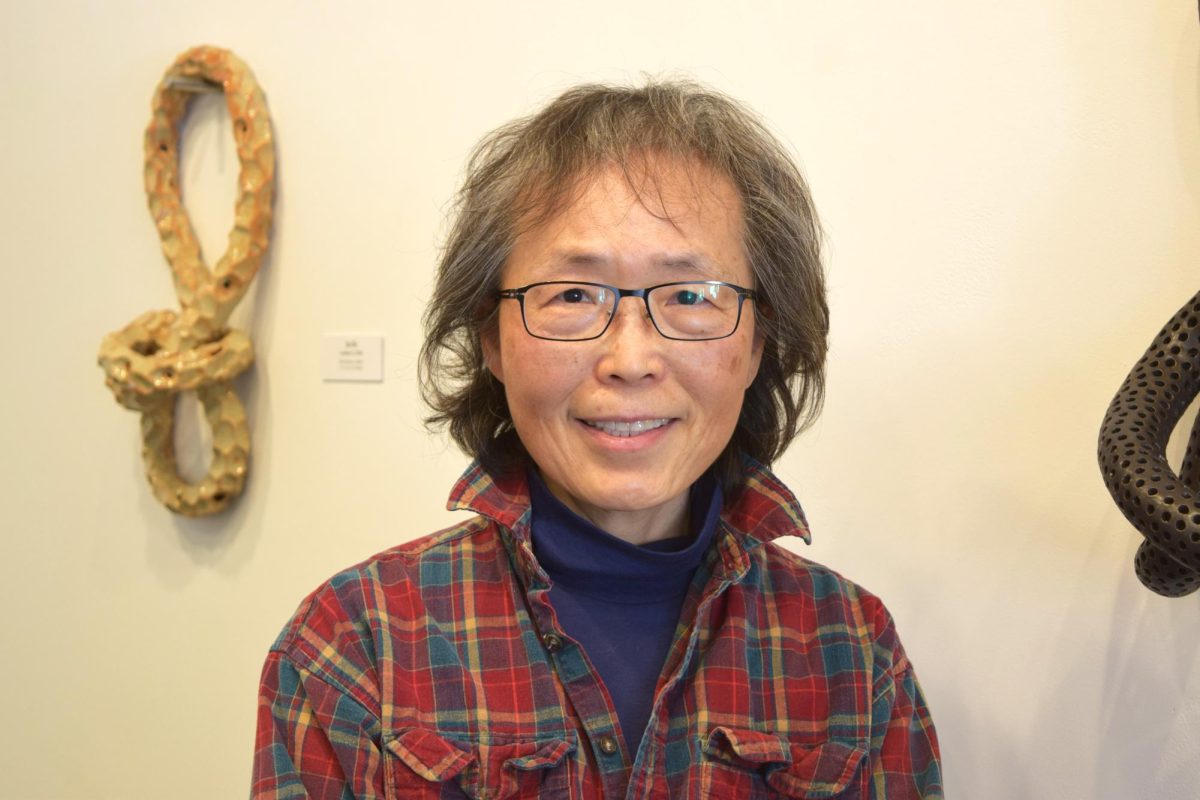Casandra Garcia
Features Editor
czgarcia.express@gmail.com
A year has passed since City College became smoke-free on Aug. 20, 2016.
Since that time, everyone on campus has been prohibited from using tobacco products. In effect, this means that many smokers take a walk to the edge of campus before lighting a cigarette or using a vape.
Efforts to enforce the new environmental standard and to encourage students and staff to quit smoking continues one year later. However, hot spots — areas where large concentrations of students gather to smoke despite the ban — still remain in areas in front of campus along Freeport Boulevard and behind the cosmetology building.
“It is a process, especially because the new standard is community-enforced,” says Health Services assistant Ashley Gibbs. “It will take some time for a complete change.”
Some students appreciate the ban, including social science major Amy Vang.
“Sometimes the smell of cigarette smoke would make me want to throw up,” says Vang, who feels more comfortable walking around campus since the smoking ban.
According to City College nurse and chair of the Campus Safety Smoking Subcommittee Wendy Gomez, smoking doesn’t fit into the mission of the college.
“Part of going to college is learning healthy coping skills for life, and smoking is not a good coping skill,” says Gomez.
Music major Mike Winsor feels that the ban on tobacco arbitrarily targets one of many unhealthy habits while turning a blind eye to other habits.
“My issue is, it’s sort of targeting one harmful personal choice over others,” says Winsor. “They sell soda on campus, and soda’s horrible for you.”
Around the time the ban took effect, the college publicized the cessation services offered by Health Services. However, the largest surge of students sought help from Health Services when designated areas were assigned throughout campus.
“The most students came in trying to quit smoking after designated smoke areas were assigned,” says Health Services assistant Ashley Gibbs. “Students still come in to get quit kits, but not as frequently.”
According to Gomez, earlier attempts at establishing designated smoking areas before implementing a full-out ban proved to be ineffective, because concentrated smoke in the areas blew into buildings and classrooms.
“It all started years ago, mainly because we were receiving complaints of people not being able to avoid second-hand smoke,” says Gomez.
Those smoking areas served another purpose — providing smokers with a communal meeting space. Math and science major Ryan Crum says his friends appreciated the smoking areas at Folsom Lake College.
“They enjoyed the community aspect of it,” says Crum, “the interaction that tends to happen when a bunch of people get together and have a smoke.”
City College continues to provide the resources to help and encourage those who wish to become non-smokers.
“We help students all the time,” says City College nurse Jeff Christian. “We’ve helped students before and after [the ban] who want to become non-smokers.”
According to Gomez, the ban has received support from students and staff overall.
“We get positive feedback,” says Gomez. “People are appreciative that they can walk through campus without having to smell cigarette smoke.”








